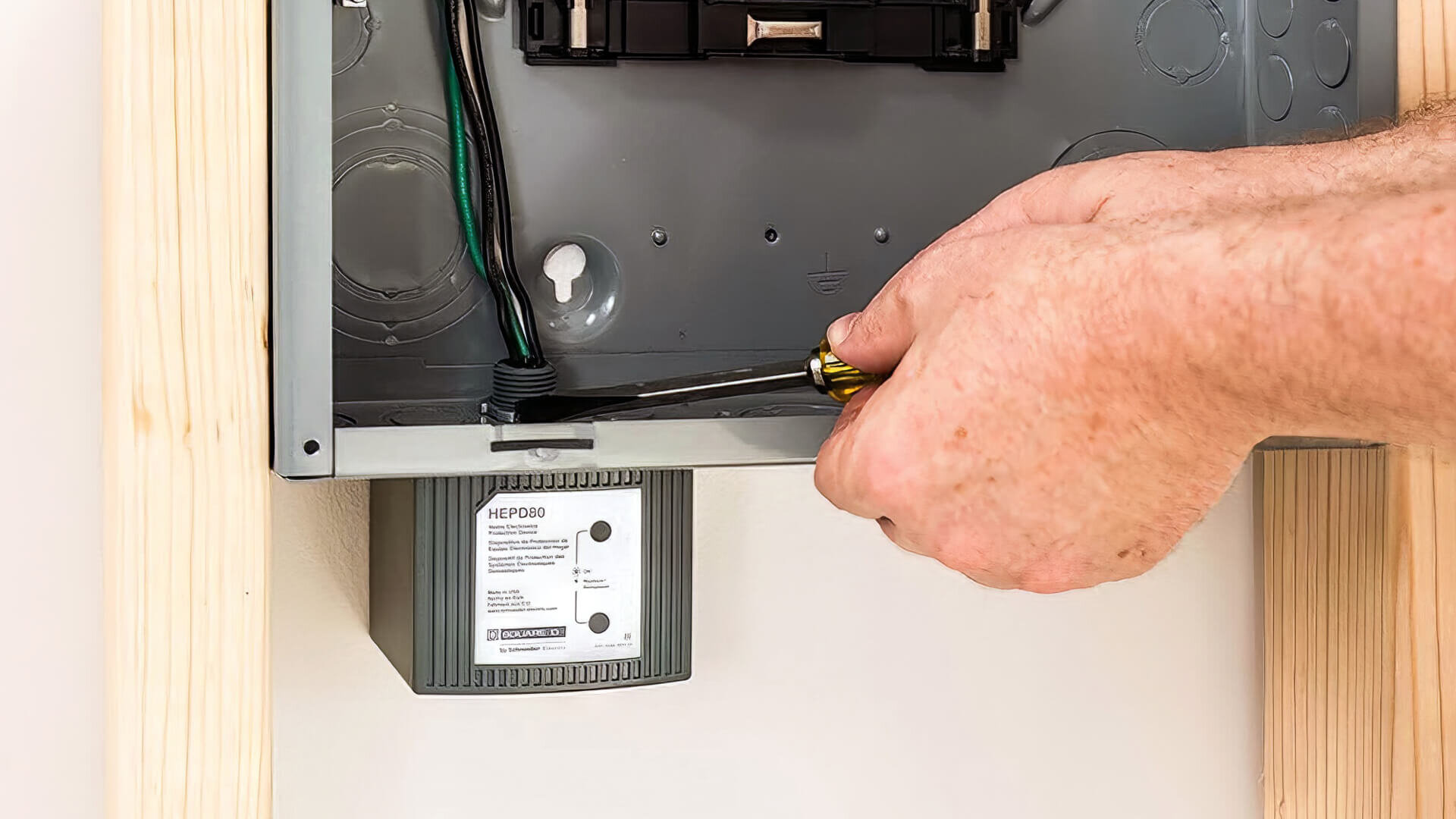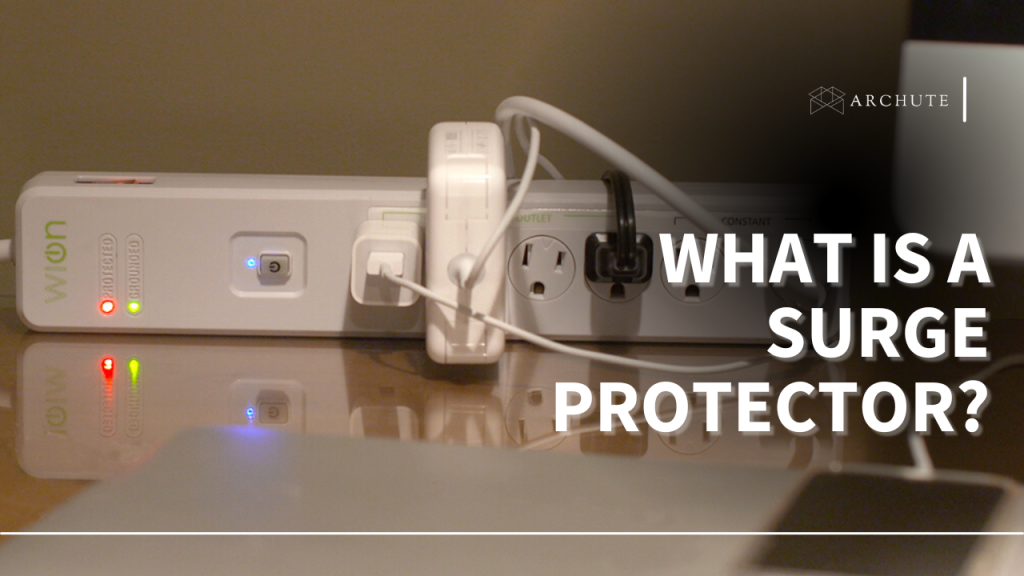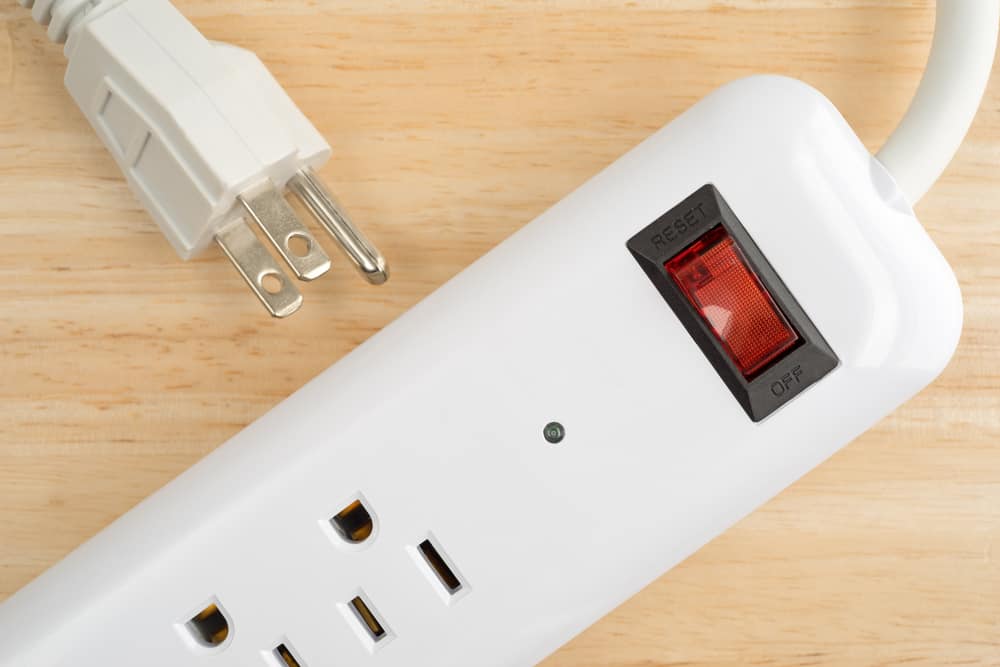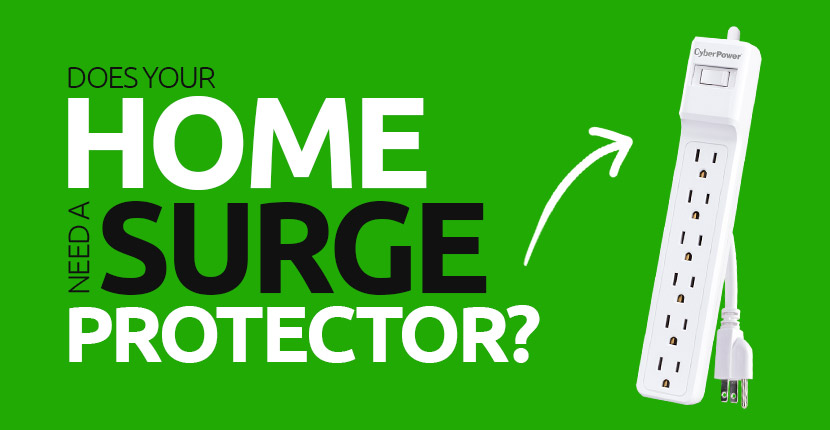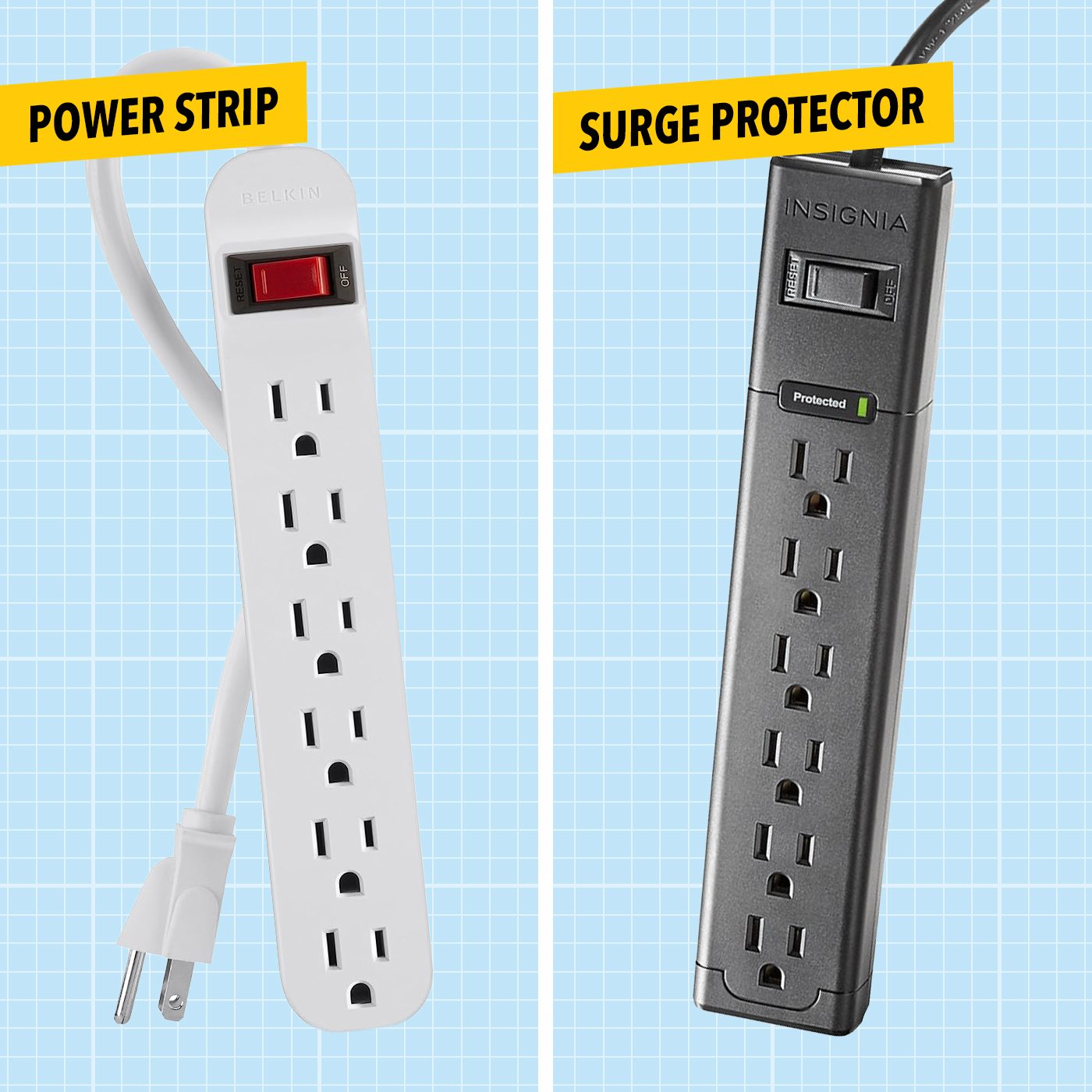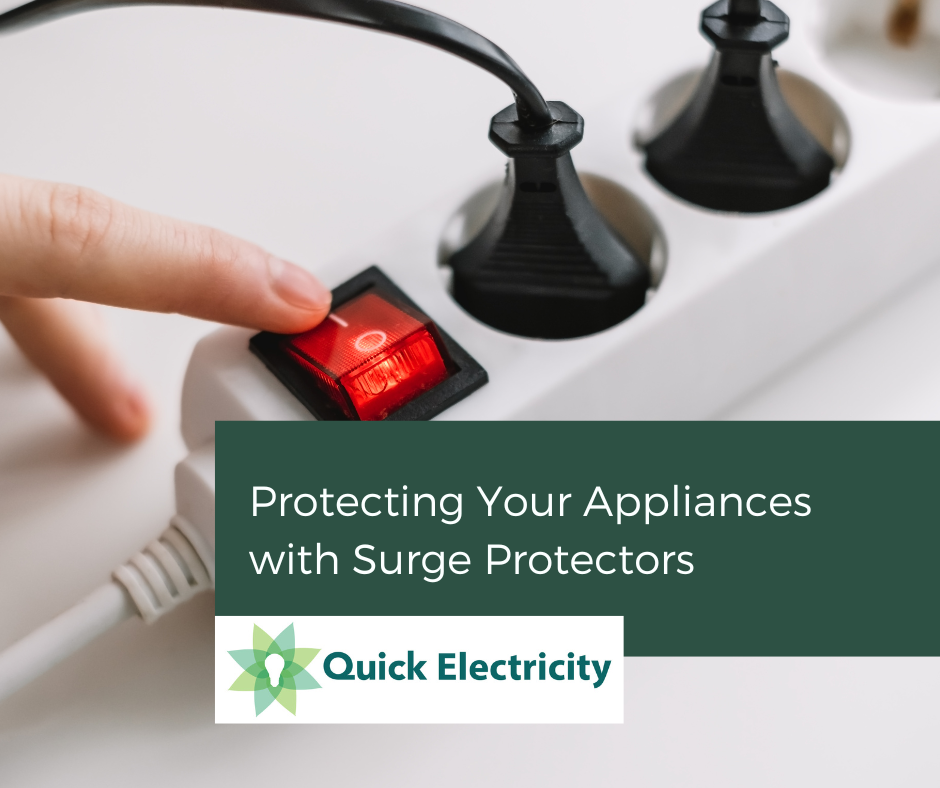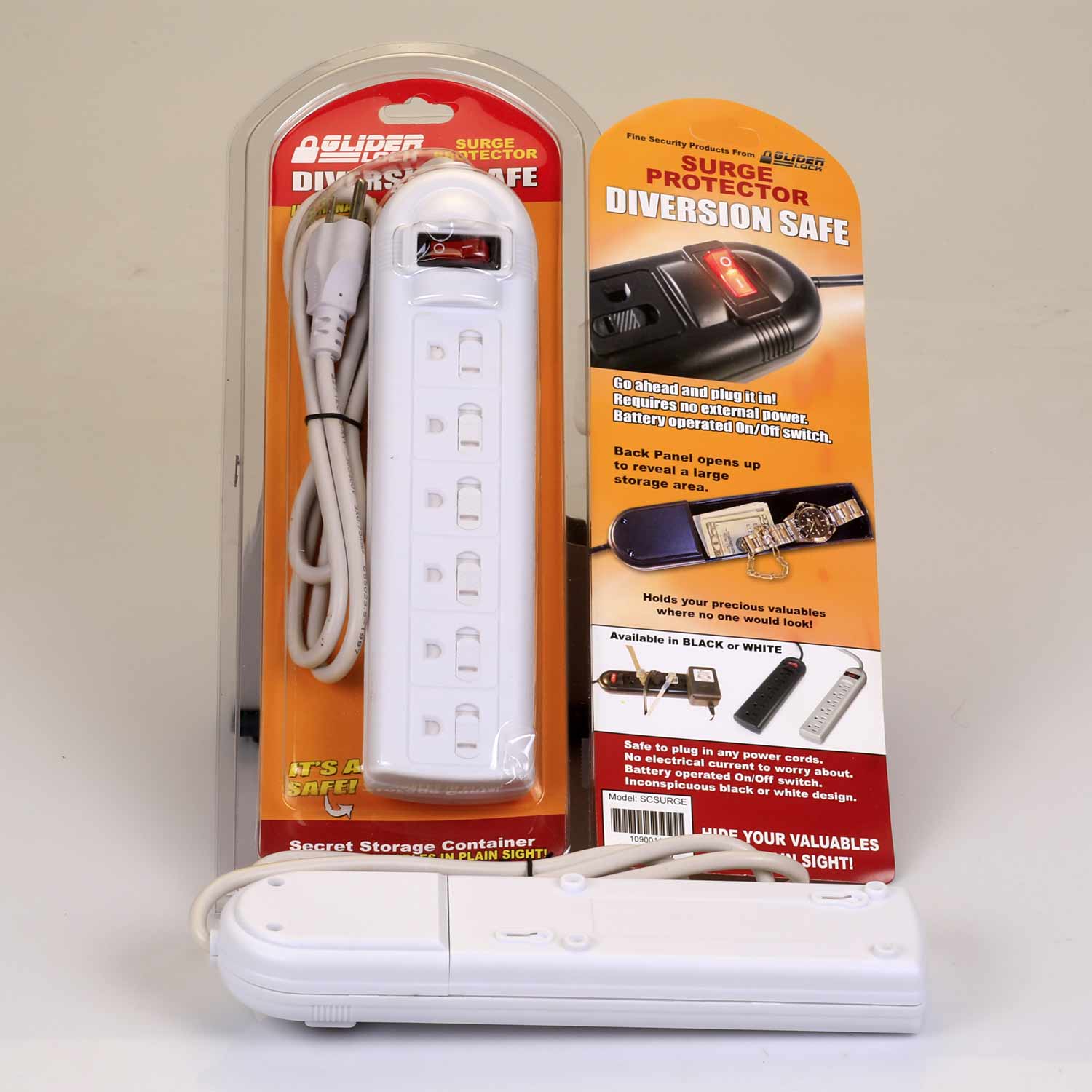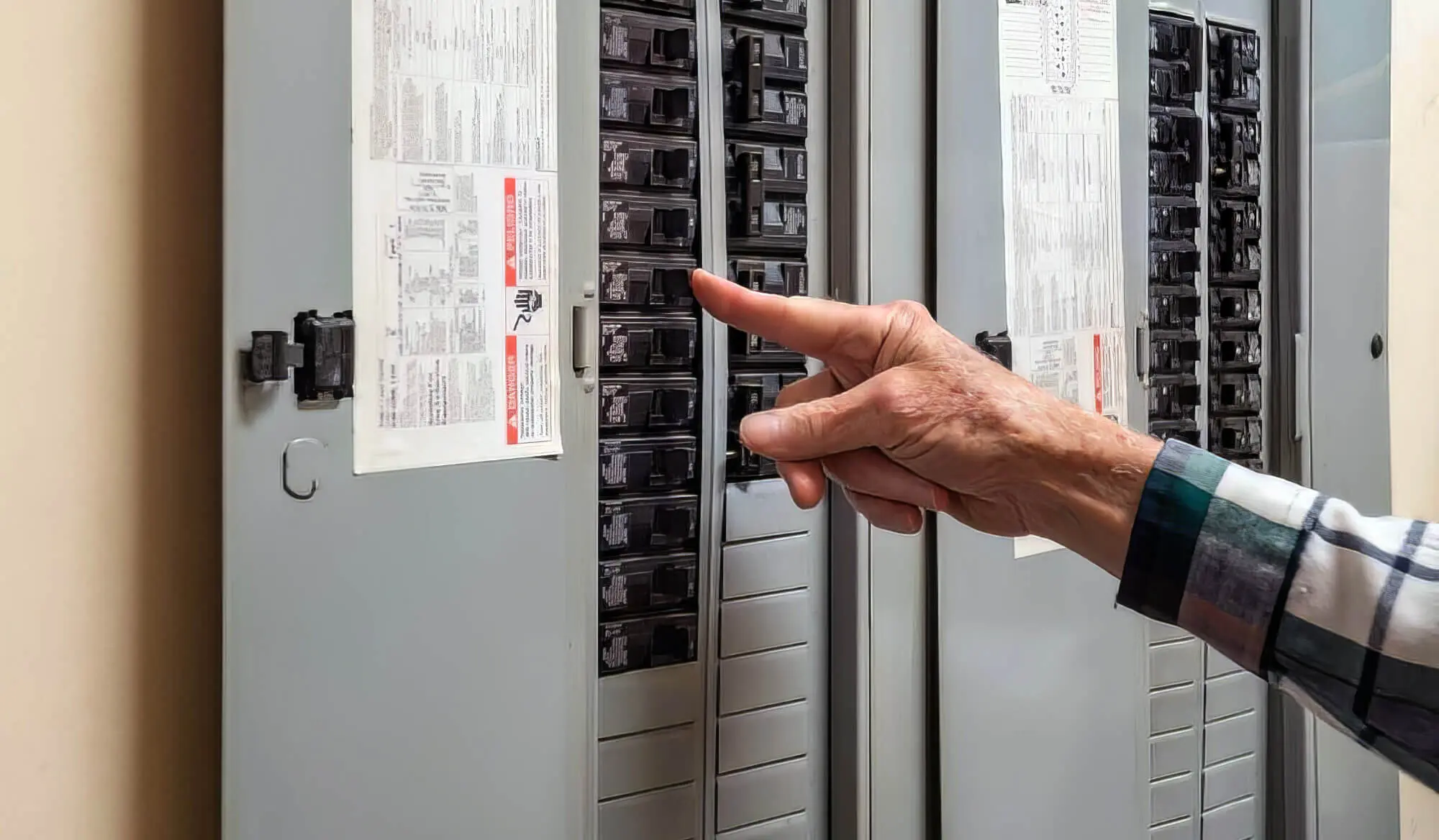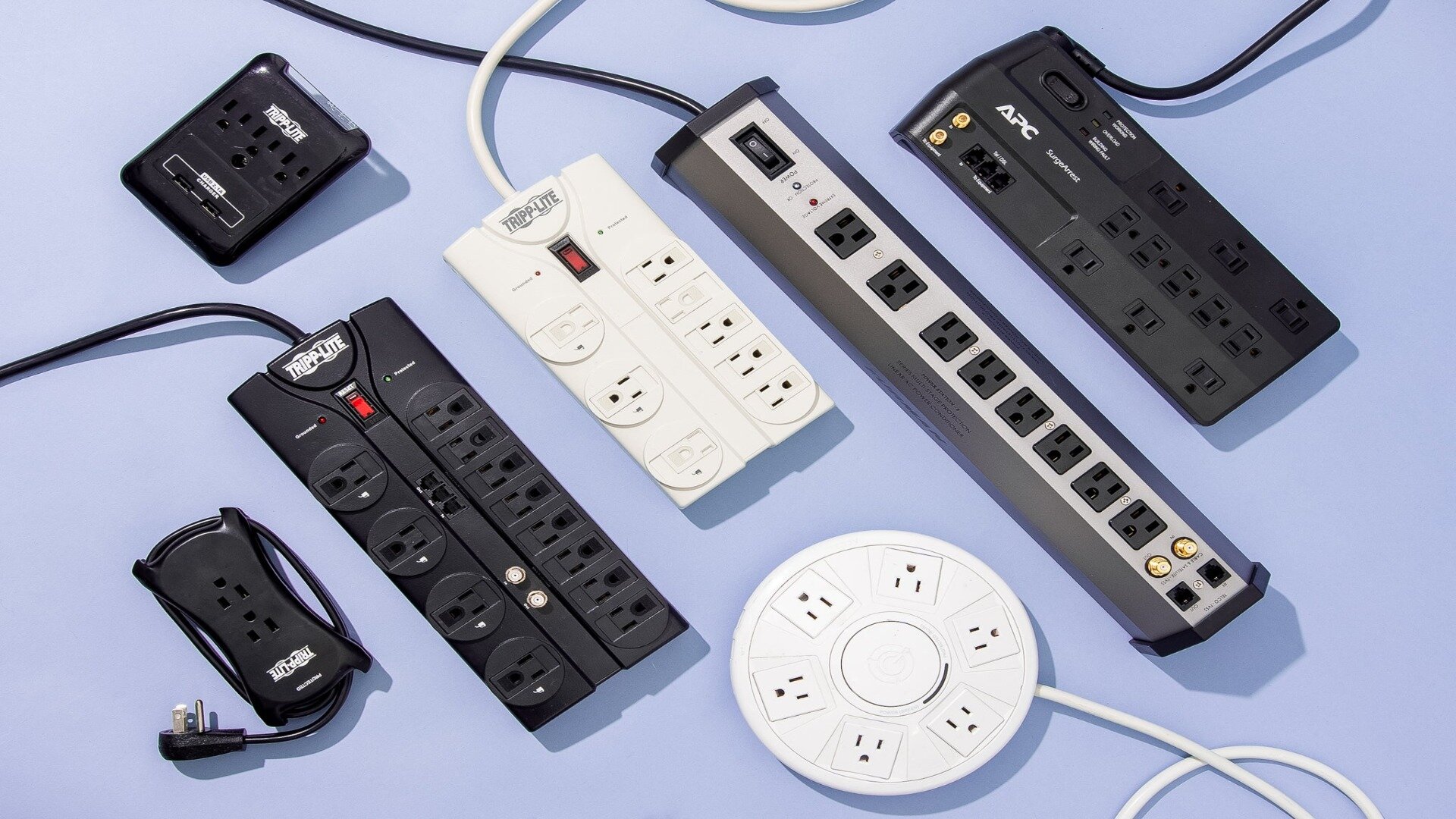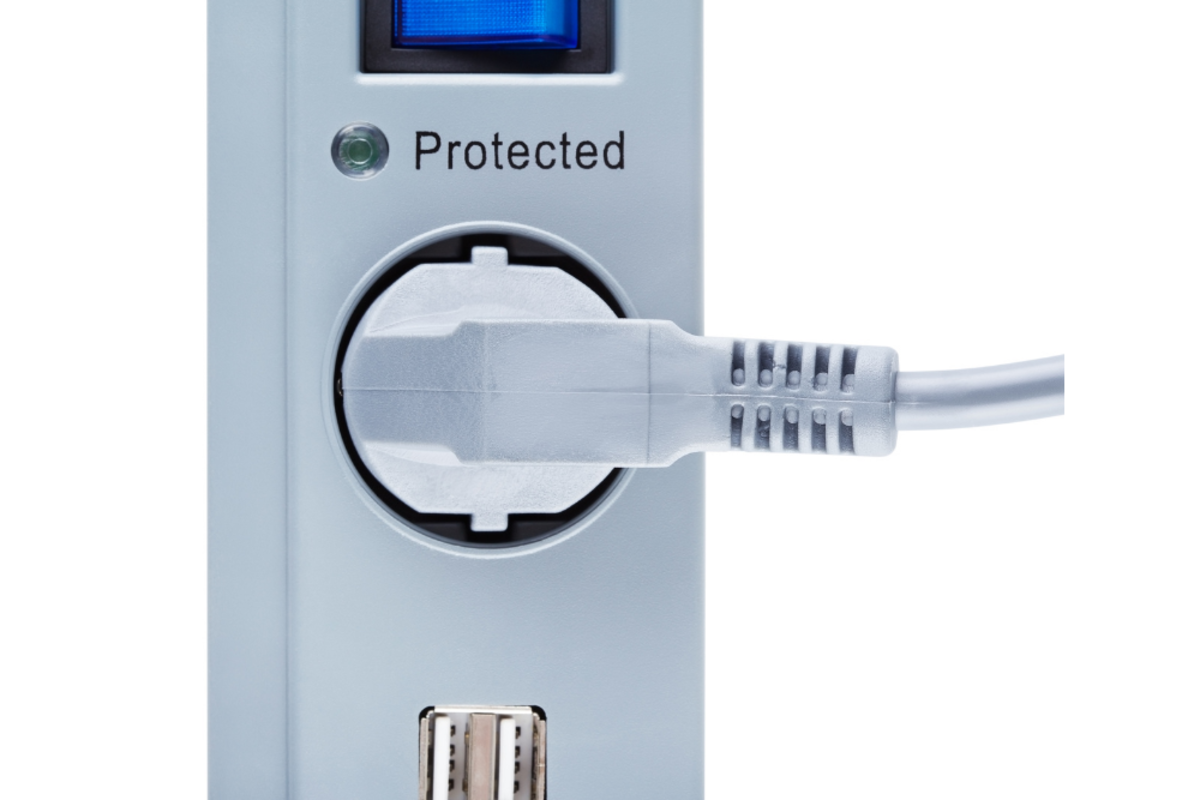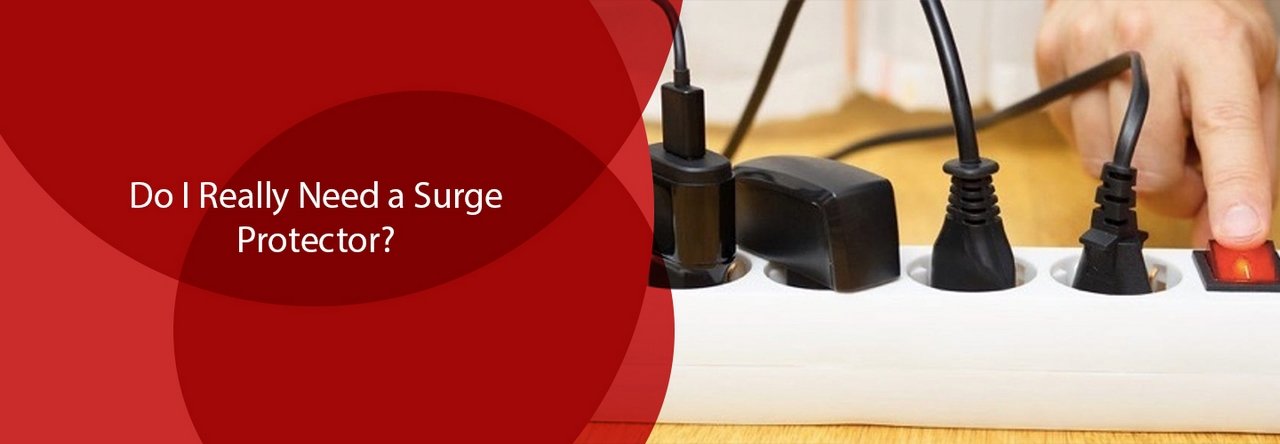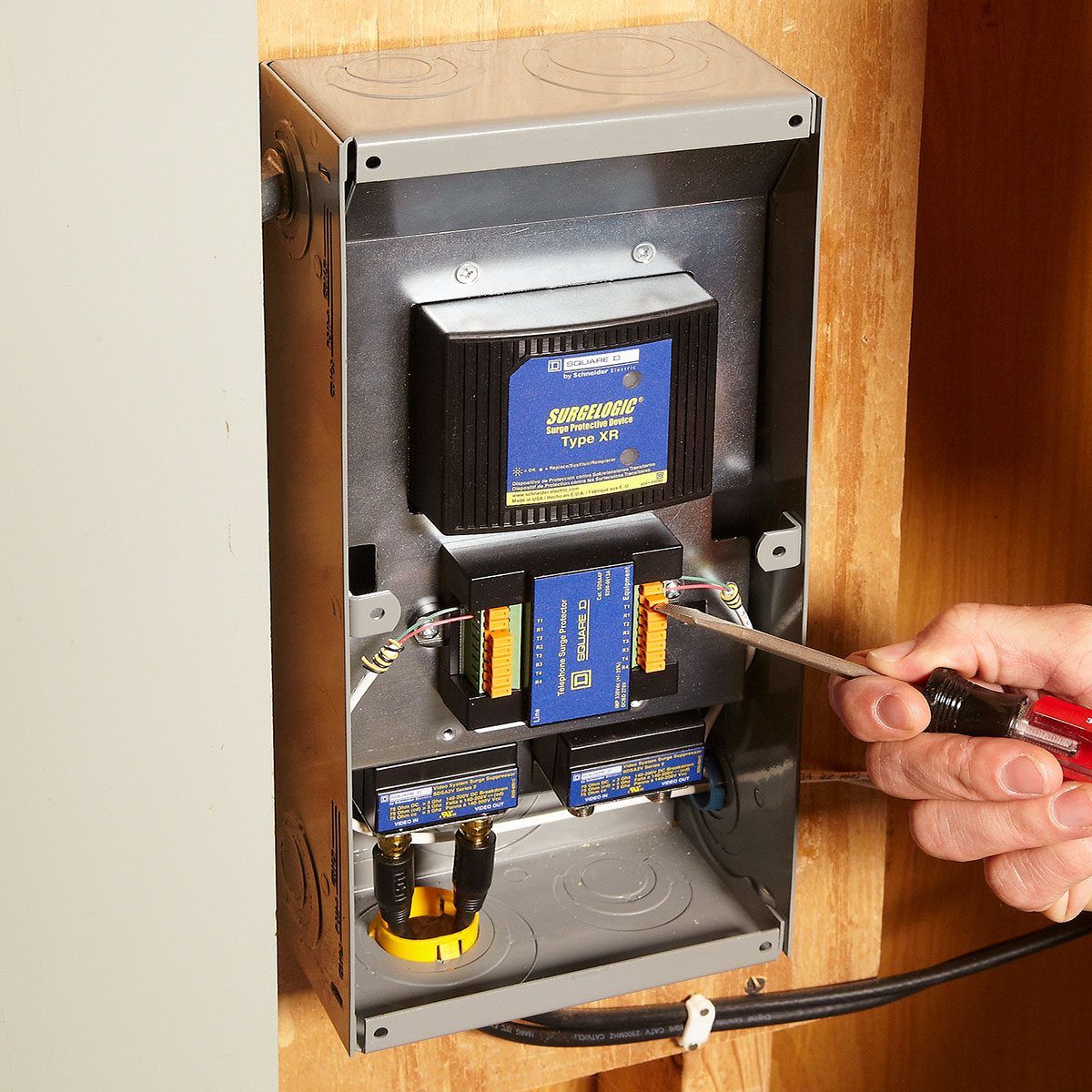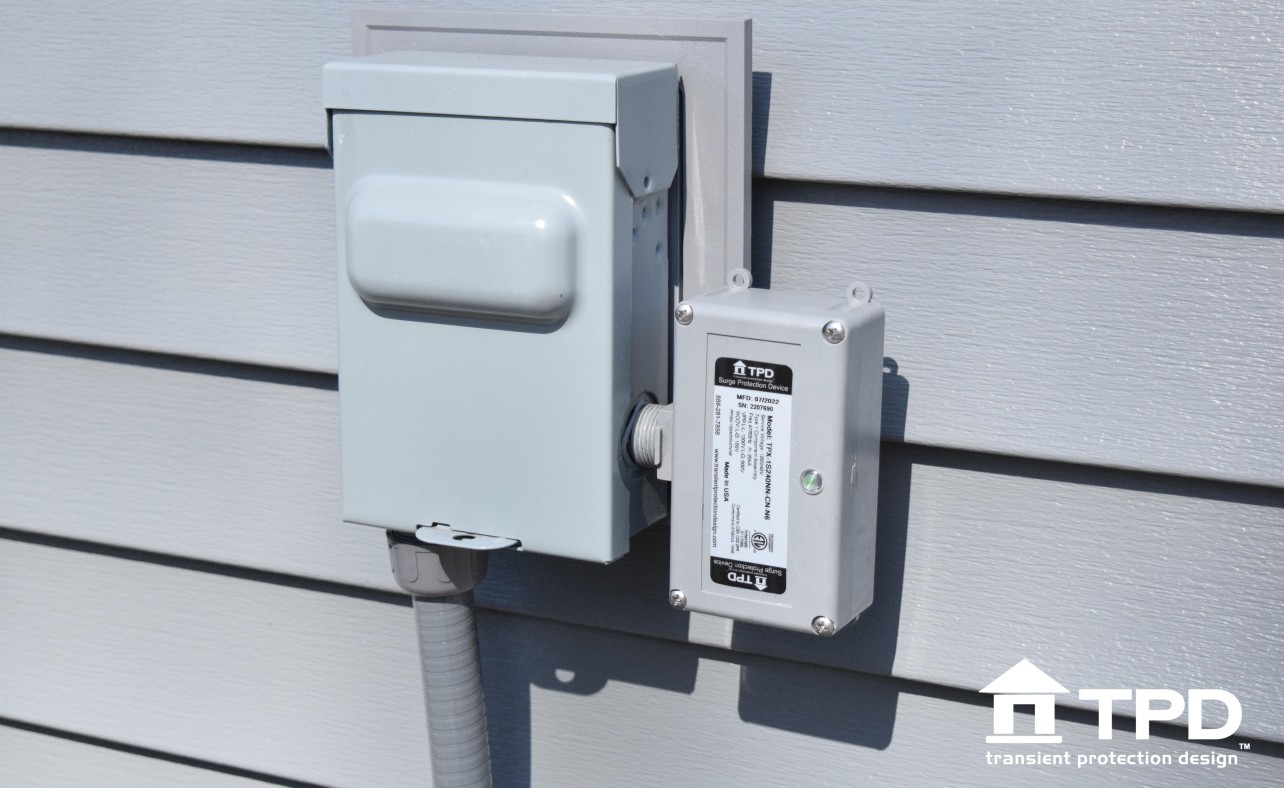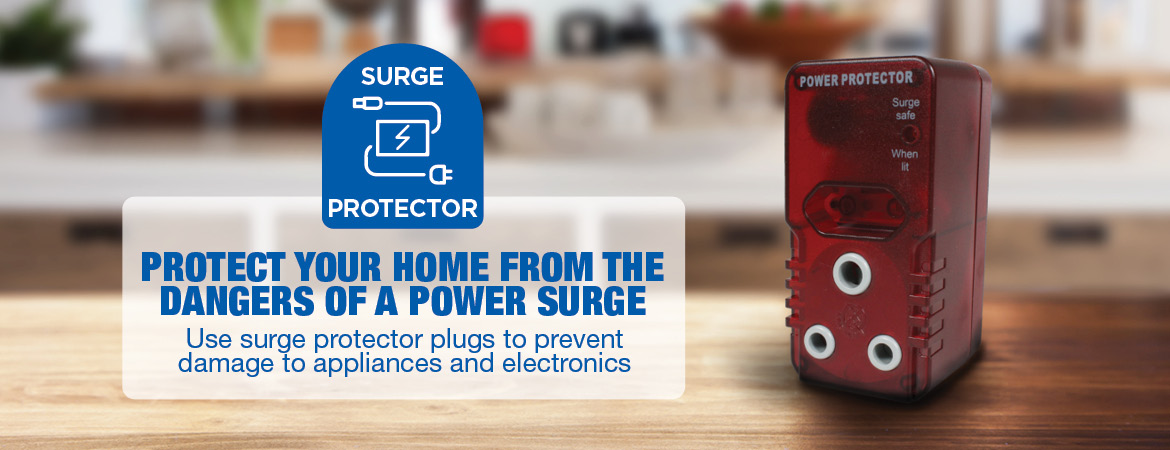Do You Need A Surge Protector
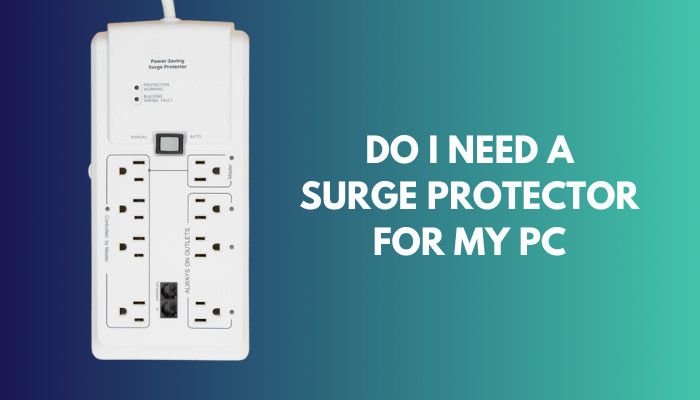
Imagine this: a summer thunderstorm rolls in, the sky turning a dramatic shade of grey. The wind howls, and rain lashes against your windows. Suddenly, a deafening crack – lightning has struck nearby. For a split second, your lights flicker, and you hold your breath, hoping your precious electronics are safe.
Do you really need a surge protector? Absolutely. This seemingly simple device can be the difference between a minor inconvenience and a costly disaster.
A surge protector acts as a shield, guarding your electronics from power spikes that can fry sensitive components. It is a vital piece of equipment to protect your investment.
Understanding Power Surges
Power surges are not always dramatic events like lightning strikes. In fact, most surges are small and occur within your home's electrical system daily.
These everyday surges can be caused by appliances turning on and off, or fluctuations in the power grid. While individually small, these surges can degrade your electronics over time, shortening their lifespan.
According to the IEEE (Institute of Electrical and Electronics Engineers), the cumulative effect of these surges can significantly damage equipment.
Why Surge Protectors Are Essential
A surge protector works by diverting excess voltage away from your devices. Inside, there are components called metal oxide varistors (MOVs) that absorb the extra electricity.
When a surge occurs, the MOVs redirect the excess voltage to the grounding wire, preventing it from reaching your valuable electronics. Without this protection, that excess energy would flow directly into your devices, potentially causing irreparable damage.
Consider your computer, television, game console, and other appliances. How much did you spend on them? Protecting these investments with surge protectors is a smart financial decision.
Types of Surge Protectors
Surge protectors come in various forms, each offering different levels of protection and features. Selecting the right surge protector will help protect your equipment to the fullest extent.
Power Strips with Surge Protection: These are the most common and affordable type. They offer multiple outlets and basic surge protection.
Wall Tap Surge Protectors: These plug directly into an outlet, offering a compact solution for smaller electronics.
Whole-House Surge Protectors: These are installed at your electrical panel and provide protection for your entire home. They offer the highest level of protection against external surges, like lightning strikes.
USB Surge Protectors: They protect USB devices. Many come with multiple ports to protect your smartphones, tablets, and other USB-powered devices from surges.
How to Choose the Right Surge Protector
When choosing a surge protector, there are several factors to consider. These features will ensure that the surge protector you choose is the right fit for your home.
Surge Protection Rating: Look for a surge protector with a higher joule rating. Joules measure the amount of energy a surge protector can absorb. The higher the joule rating, the greater the protection.
UL Certification: Make sure the surge protector is UL (Underwriters Laboratories) certified. This indicates that it has been tested and meets safety standards.
Clamping Voltage: This indicates the voltage level at which the surge protector will start diverting excess energy. A lower clamping voltage is better.
Response Time: A faster response time means the surge protector will react more quickly to a surge. Look for a response time of nanoseconds.
Number of Outlets: Consider how many devices you need to protect and choose a surge protector with enough outlets.
"Investing in a quality surge protector is a small price to pay for peace of mind," says Sarah Miller, a certified electrician. "It's like insurance for your electronics."
Beyond Surge Protection: Power Conditioners and UPS Systems
While surge protectors primarily protect against voltage spikes, there are other devices that offer more comprehensive power management.
Power Conditioners: These devices not only protect against surges but also filter out noise and stabilize voltage fluctuations, providing clean power to your electronics. They are ideal for sensitive equipment like audio and video systems.
UPS (Uninterruptible Power Supply) Systems: These provide battery backup in addition to surge protection. They are essential for computers and other devices where data loss or downtime is unacceptable during a power outage.
Proper Usage and Maintenance
To ensure your surge protector works effectively, it's essential to use it correctly and maintain it properly.
Avoid daisy-chaining surge protectors. Plugging one surge protector into another can overload the circuit and reduce their effectiveness.
Replace surge protectors after they have experienced a significant surge or after a certain period. Many surge protectors have an indicator light that lets you know when they need to be replaced.
Check the surge protector regularly for any signs of damage, such as cracks or loose outlets. If you notice any damage, replace it immediately.
Real-Life Scenarios and Testimonials
The benefits of using surge protectors are not just theoretical. Many people have shared their experiences of how surge protectors saved their electronics from damage.
"During a recent thunderstorm, lightning struck near my house," says John Smith. "The power went out, but thanks to my surge protectors, all my electronics were safe. Without them, I would have had to replace my computer, TV, and other devices."
Another user, Emily Davis, shared her story online. "I had a cheap power strip without surge protection, and one day, my computer just died. After taking it to a repair shop, I learned that it was damaged by a power surge. I now use surge protectors for all my electronics."
These stories highlight the importance of investing in quality surge protectors to protect your valuable electronics. They are a form of insurance against unexpected power surges.
Conclusion: Peace of Mind in a Small Device
In conclusion, a surge protector is an essential investment for protecting your electronics from the damaging effects of power surges. While power surges can happen at any time, the small investment in this equipment provides peace of mind.
From simple power strips to whole-house surge protectors, there are options available to suit every need and budget. By understanding the different types of surge protectors and how they work, you can make an informed decision and choose the right one for your home.
Don't wait until it's too late. Protect your electronics today and enjoy the peace of mind that comes with knowing your devices are safe from power surges.
